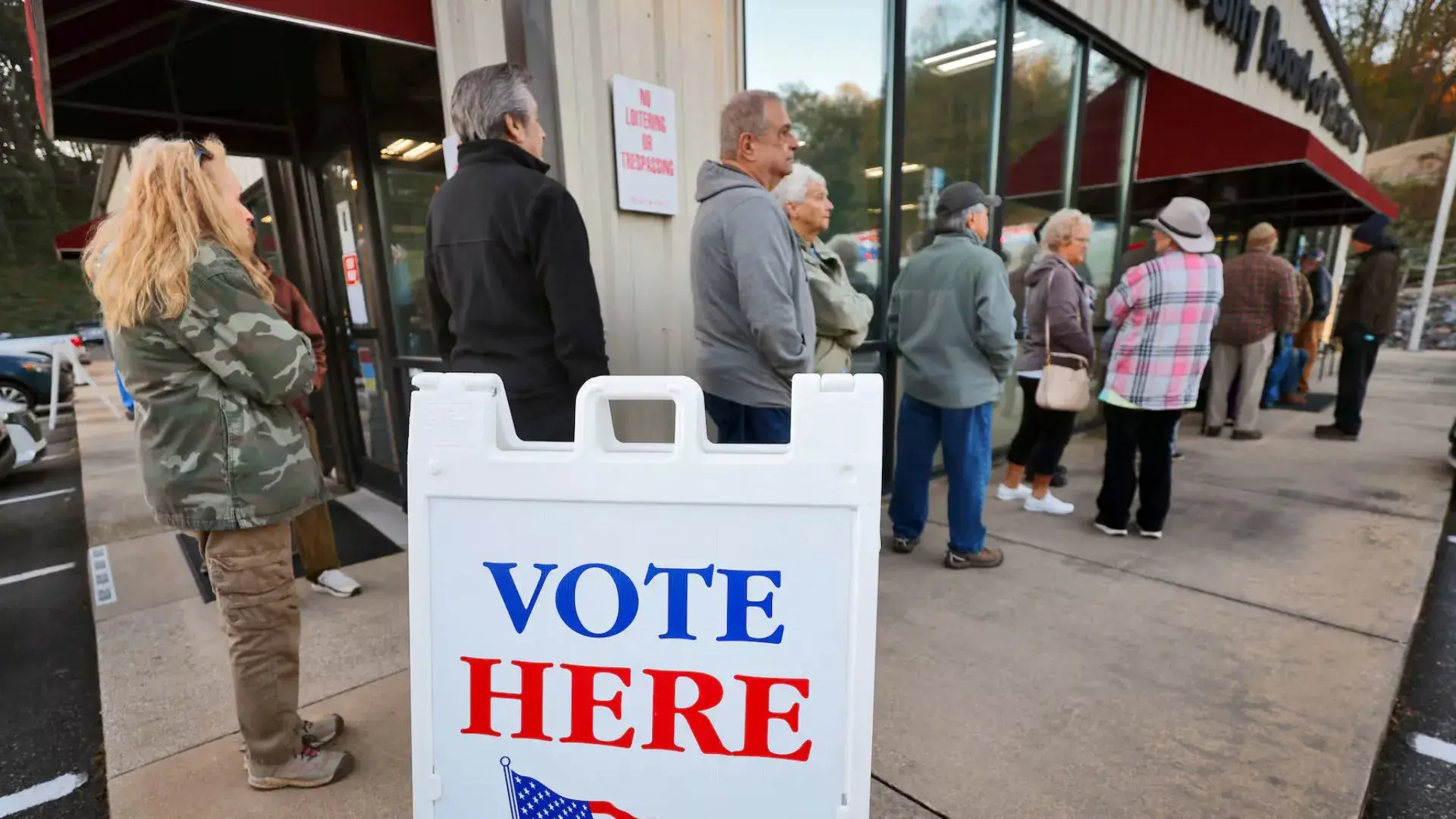

Early Voter Engagement Soars Past 2020 Levels In North Carolina
North Carolina has made headlines by exceeding its early-voting record from the 2020 election. According to the State Board of Elections, over 4.2 million voters have cast their ballots at early in-person voting sites, demonstrating a significant increase in turnout compared to previous years.
As reported, the turnout in western counties affected by Hurricane Helene has outpaced the rest of the state, with these areas recording a turnout rate of 58.9%, approximately 2% higher than the state average. Early in-person voting concluded on Saturday, reflecting a growing trend of voters opting for this method in the presidential battleground state.
In 2020, a total of 3.63 million voters participated in early voting across all 100 counties. This year, North Carolina exceeded that figure just days before the early voting period ended, indicating a robust interest in the upcoming election.
As of Sunday morning, including absentee ballots, 4,465,548 voters had cast their ballots, representing 57% of the state’s 7.8 million registered voters. Officials noted that actual turnout might be slightly higher due to delays in data reporting.
State Board Executive Director Karen Brinson Bell praised the efforts of county election boards and workers, saying, “I am proud of all of our 100 county boards of elections and the thousands of election workers who are making this happen in their communities. And I am especially proud of the workers and voters of Western North Carolina. You are an inspiration to us all.”
This year’s strong early turnout has been attributed in part to a concerted effort by state and national Republicans to encourage early voting, contrasting sharply with the previous election cycle when former President Donald Trump made unsubstantiated claims about mail-in voting fraud.
In addition to the presidential race, North Carolina voters are also selecting a new governor, attorney general, and various other statewide positions, as well as members of the U.S. House and state General Assembly.
(Includes inputs from online sources.)
ALSO READ: Trump’s Last Stand In Georgia: Anti-Migrant Rhetoric Dominates Final Rally
The original Freaky Friday was a box-office success, grossing over $160 million worldwide and becoming…
Zelenskyy also warned that Putin’s strategy is to prolong negotiations while continuing attacks.
The affected schoolgirls were rushed to a nearby hospital as they struggled with breathlessness and…
Pi Day was first celebrated in 1988 by physicist Larry Shaw at the Exploratorium science…
CSK IPL 2025 tickets appear on reselling websites before official sales. Fans are paying over…
CSK partners with MTC to offer free bus travel for IPL 2025 home matches. Fans…